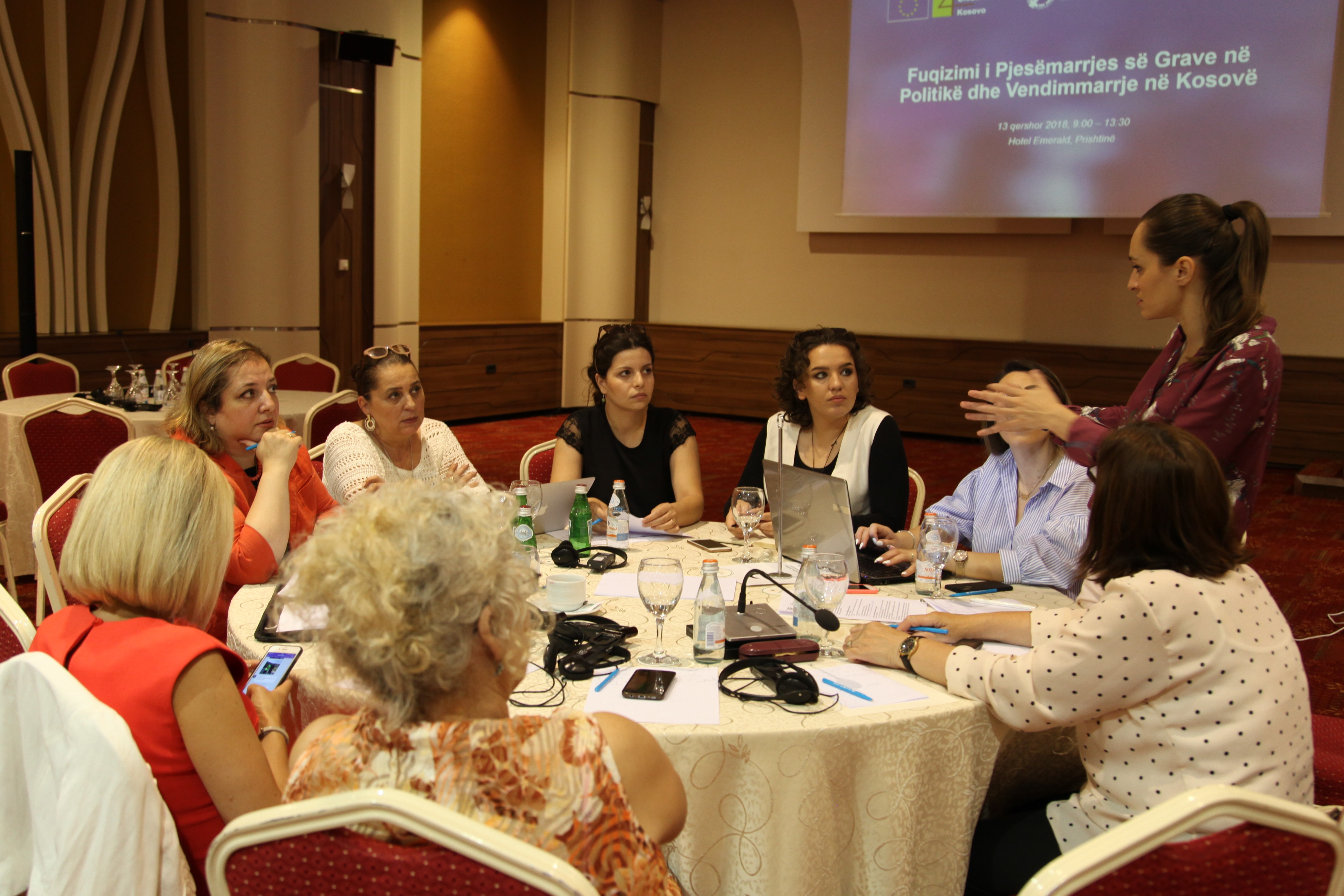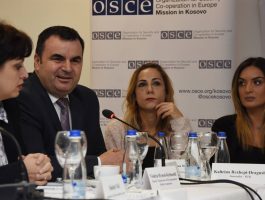Are you a victim of gender-based violence or do you know someone who is? Click here to learn how to report it and access available support services.
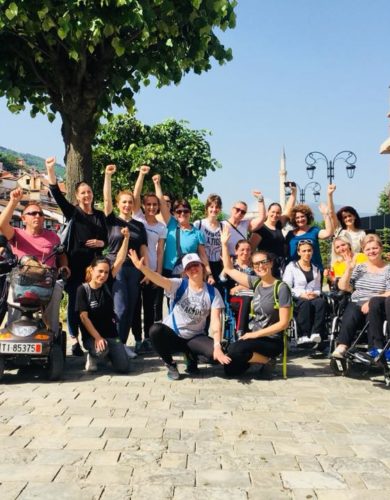
The Problem
Gender-based violence (GBV) refers to any form of violence perpetrated based on gender. In Kosovo, despite a relatively comprehensive legal framework and improved coordination between women’s organizations and institutions, GBV remains widespread due to entrenched patriarchal norms and weak law implementation. KWN’s work reveals that victims struggle to report due to lack of trust, while some officials still see domestic violence as a private matter. Institutional coordination among police, prosecution, and social services remains weak. Sexual violence and harassment are largely underreported, and over 80% of rape victims are underage girls. There is no Rape Crisis Centre, and stigma, taboo, and victim-blaming remain widespread.
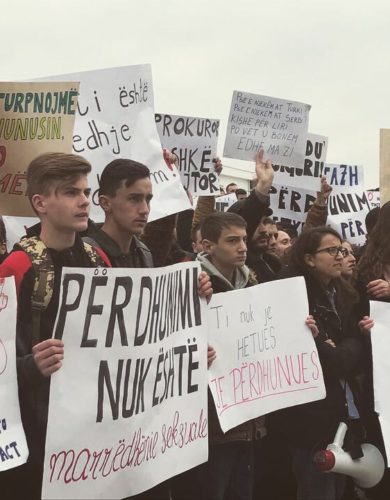
KWN’s Strategy
Improving the quality and implementation of the legal framework for GBV, including institutional responses to assisting victims of violence, realized through:
- Improving institutional accountability in handling GBV cases.
- Increasing understanding of GBV law implementation and domestic violence prevalence.
- Raising public awareness of GBV laws and individual rights.
- Strengthening civil society engagement in enforcing GBV legal frameworks.
- Enhancing shelter services, particularly rehabilitation and reintegration support.
- Recommending improvements to GBV-related laws and policies.
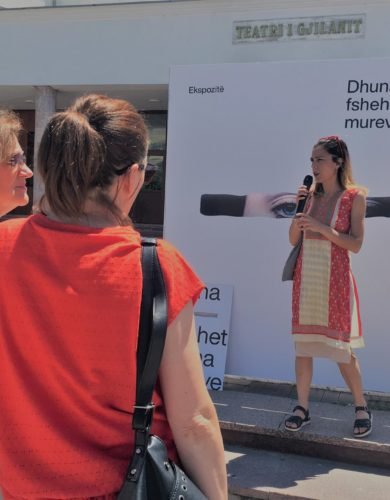
Main Activities
- Continue providing legal aid and referrals to GBV survivors, informing them of their rights and representing them before institutions. Continue raising public awareness on domestic violence to encourage reporting and support survivors.
- Support member organizations in advocating for effective GBV law implementation, including sustainable funding, better services, and institutional coordination.
- Continue monitoring and analysing GBV court cases and regularly meet with institutions to present findings.
- Hold regularly advocacy meetings with institutions.
- Conduct costing research on GBV services and advocate based on results.
- Engage shelters to strengthen advocacy and institutional accountability, including with Coordination Mechanisms (CMs).
- Continue training and supporting Municipal CMs and help establish them where needed.

Our Achievements (2019-2024)
- Provided free legal support to 22 survivors in 2024, totalling 117 survivors of GBV since 2021.
- Monitored 294 GBV-related court cases to date, including 117 in 2024, improving institutional accountability.
- Contributed to the adoption of 5 laws and policies with gender-sensitive provisions after submitting detailed comments on 12 legal documents in 2024.
- Successfully advocated for a 67% increase in the 2025 budget for shelters, marking a 184% increase since 2019; also secured a €128,776 (31%) increase for the Victim Protection and Assistance Office and 10 new staff positions.
- Improved institutional response through training of hundreds of officials on the State Protocol for Sexual Violence and by developing official curricula for social workers at the government’s request. The State Protocol for Sexual Violence was approved in 2022, with extensive support from KWN.
- Raised public awareness through the “Ending Violence Behind Walls” exhibition, reaching 5,580 people across 10 municipalities and encouraging survivors to report violence.
- Issued 10 public press releases condemning GBV and held 13 advocacy meetings with officials in 2024, totalling 160 since the initiative began.
- A public awareness post calling for an end to violence against minors reached 11,006 people.
- Survivors of sexual violence during war now receive legal recognition and financial support from the government.
- All shelter staff were trained to prevent burnout and improve services.

